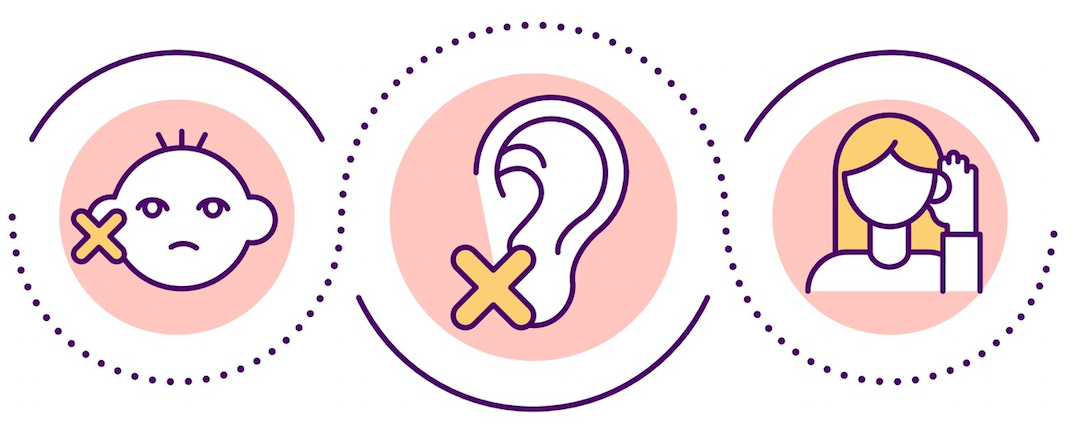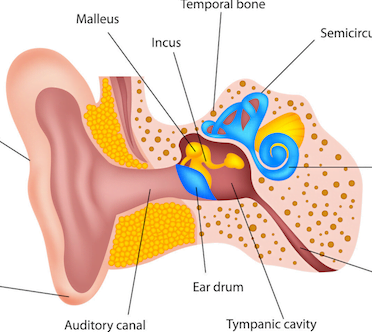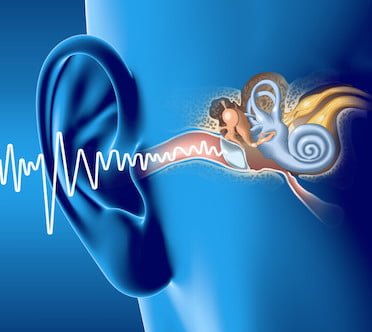Hearing Loss FAQ’s

Frequently Asked Questions About Hearing Loss
Are some types of hearing loss easier to treat?
Hearing loss is an individual problem and successful treatment depends on individual outlook, lifestyle, and severity of impairment. There is no one-size- fits-all treatment method for hearing loss — it is based on the sounds the individual cannot hear or struggles to hear, and the sounds the individual wishes to hear which can vary from person to person. A quality hearing system from a reputable manufacturer cannot be effective until an a qualified, experienced, hearing care professional programs the technology properly, based on the unique hearing requirements of the individual.
Are There Any Health Downsides To Not Treating Hearing Loss?
Research has established a relationship between hearing loss and dementia. There is convincing evidence that hearing loss accelerates brain-tissue atrophy, particularly in areas of the brain that auditory nerves would normally stimulate but cannot because they are not receiving a signal (due to a hearing loss). Individuals with a mild hearing loss are three times more likely to fall than those without, and the likelihood of falls increases as degree of hearing loss increases. Hearing loss has also been linked to diabetes, cardiovascular disease, sickle-cell anaemia, and other circulatory conditions.
At What Age Do People Normally Start Getting Hearing Loss?
Hearing loss is cumulative as we go through our lives. Notwithstanding the fact that hearing loss can affect all age groups depending on circumstances, one in three people over the age of sixty-five has hearing loss that affects their ability to communicate with family and friends.
How Can I Improve My Hearing?
Unfortunately, many forms of hearing loss are permanent because there is no cure. Treatment methods that feature amplification prescribed to fit your specific hearing loss by a hearing care professional typically have the highest user satisfaction for improved hearing and improved quality of life.
How Can I Prevent Hearing Loss?
Protecting your hearing from high noise levels greater than 85 decibels at work and during leisure activities will significantly reduce your chances of noise-induced hearing loss. Many manufacturing jobs, especially heavy industry require hearing protection at work, but hearing protection is also recommended during leisure activities such as hunting, attending concerts and sporting events, and playing music — all situations where hearing is vulnerable.
Is Hearing Loss Hereditary?
Some genetic disorders present at birth cause a hearing loss, but in the absence of disease, there can still be a genetic link to hearing loss.
What Should I Do If I Get Sudden Hearing Loss?
See an Audiologist or GP immediately; sudden hearing loss is considered a medical emergency. Sudden hearing loss typically resolves on its own within two weeks, but it might not — meaning your hearing might be impaired for good. Seeking medical assistance within 72 hours of the onset of sudden hearing loss improves the chances that your hearing will recover.



